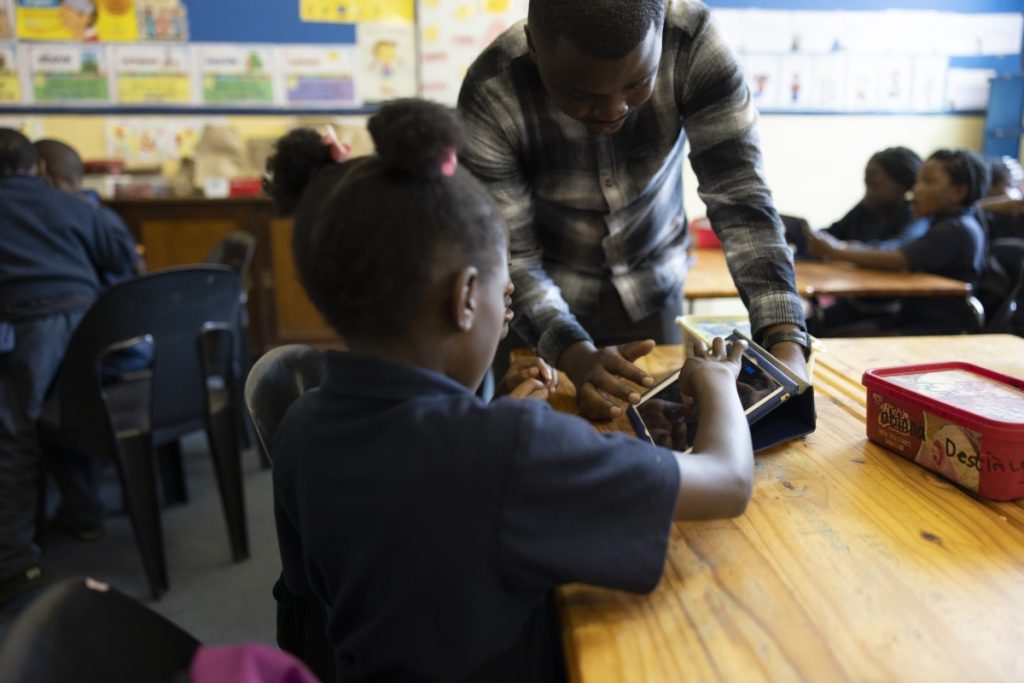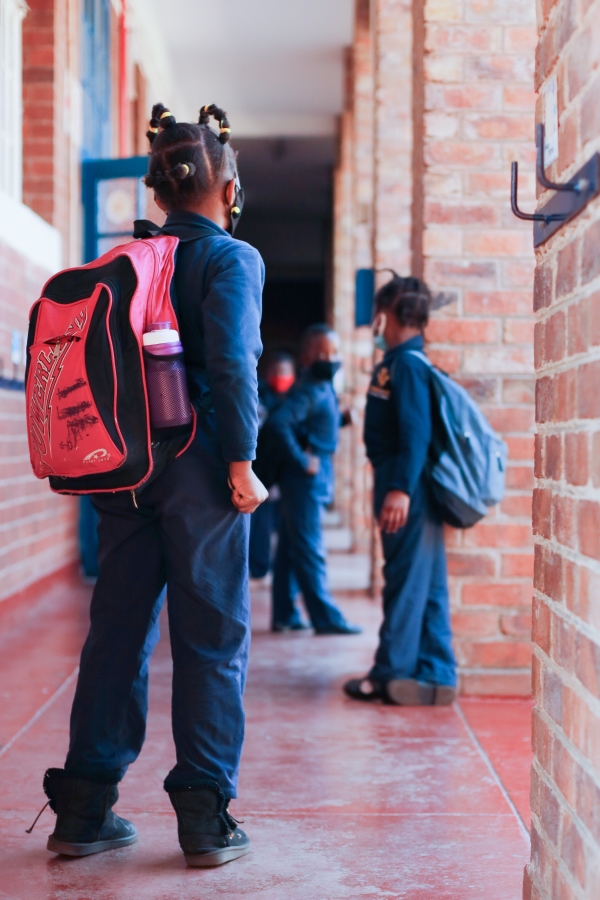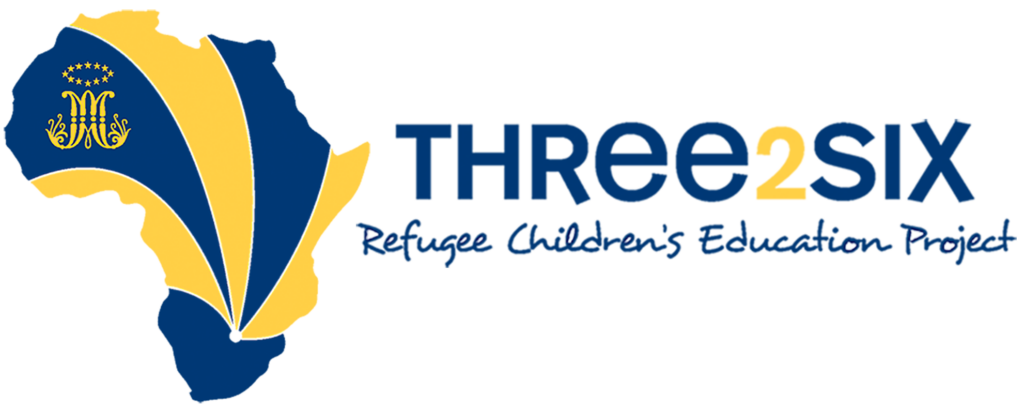What we do
CHILDREN'S RIGHTS INTERNATIONALLY

Credit: Malherbe Pelser
The United Nations Convention on the Rights of the Child states that:
Article 28 1. States Parties recognize the right of the child to education, and with a view to achieving this right progressively and on the basis of equal opportunity, they shall, in particular: (a) Make primary education compulsory and available free to all; On September 19, 2016 the United Nations General Assembly adopted that set of commitments to enhance the protection of refugees and migrants at the Global Summit on Refugees and Migration.
Clauses dedicated to the children and their educational right:
32. the best interests of the child, to provide for basic health, education and psychosocial development, to ensure that all children are receiving education within a few months of arrival. 44. the lack of educational opportunities is often a push factor for migration, particularly for young people. 59. to provide access to basic health, education and psychosocial services to migrant children. 81. to provide quality primary and secondary education in safe learning environments for all refugee children. 82. to support early childhood education for refugee children. To promote tertiary education, skills training and vocational education.
The African Charter on the Rights and Welfare of the Child states that:
Article 11: Education 1. Every child shall have the right to an education. 2. The education of the child shall be directed to:
(a) the promotion and development of the child’s personality, talents and mental and physical abilities to their fullest potential;
(b) fostering respect for human rights and fundamental freedoms with particular reference to those set out in the provisions of various African instruments on human and peoples’ rights and international human rights declarations and conventions;
(d) the preparation of the child for responsible life in a free society, in the spirit of understanding tolerance, dialogue, mutual respect and friendship among all peoples ethnic, tribal and religious groups;
(f) the promotion and achievements of African Unity and Solidarity;
Credit: Malherbe Pelser
CHILDREN'S RIGHTS IN SOUTH AFRICA

Credit: Lizette Cressey
The Constitution of the Republic of South Africa states that:
28 (2) A child’s best interests are of paramount importance in every matter concerning the child and29 (1)(a) Everyone has the right to a basic education.
The Children’s Act of 2005 states that Chapter 2 (6) (2) All proceedings, actions or decisions in a matter concerning a child must:
(a) respect, protect, promote and fulfil the child’s rights set out in the Bill of Rights, the best interests of the child standard set out in section 7 and the rights and principles set out in this Act, subject to any lawful limitation;
(b) respect the child’s inherent dignity;
(c) treat the child fairly and equitably;
(d) protect the child from unfair discrimination on any ground;
(e) recognise a child’s need for development and to engage in play and other recreational activities appropriate to the child’s age; and
(f) recognise a child’s disability and create an enabling environment to respond to the special needs that the child has.
In South Africa, refugee and migrant children under 18 are entitled to protection under the Constitution and the Children’s Act.
In practice they experience numerous challenges and barriers to accessing an education. These include difficulty registering for school without identity documents, extreme poverty and xenophobia.
